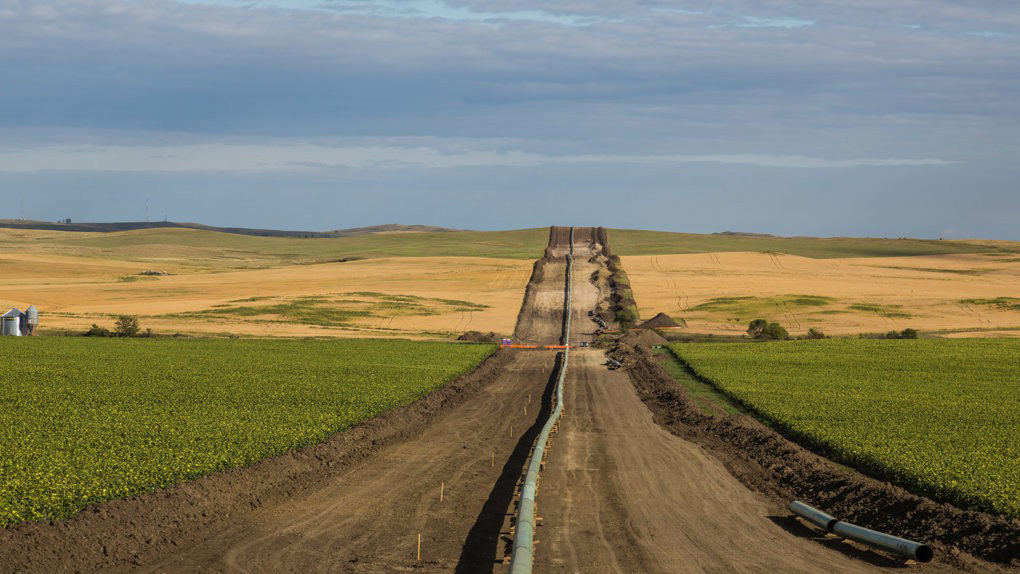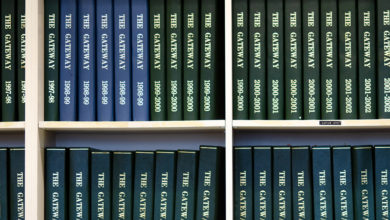Keystone spill is proof that we need green energy
 supplied
suppliedJust days after TransCanada’s Keystone pipeline spilled over 210,000 gallons of oil in South Dakota, Nebraska approved an “alternative route” for Keystone XL, eliminating the last major hurdle in the pipeline’s construction. But while oil advocates may see this as a win for the energy sector, Keystone is just another sign that now is the time to switch to cleaner energy.
This may seem ridiculous, especially in Alberta. Canada has vast oil resources which we supply to nations like the US, and yet is taking small steps towards a more sustainable future through initiatives like Trudeau’s carbon tax.
Unfortunately, there’s no time to take small steps while maintaining oil as our primary energy resource. According to NASA, 16 of the 17 warmest years on record have occurred since 2001. The fact is, climate change is accelerating at an alarming rate, and carbon emissions from coal and oil are a major cause.
Pipelines are particularly harmful. While TransCanada claimed that Keystone would be safe, the spill occurred less than two years after the last spill in 2016. TransCanada stated that the spill is contained and cleanup should be simple, but the fact that cleanup is necessary in the first place is troubling.
No matter how swift the damage control, oil spills have devastating consequences. The Keystone spill affects South Dakota grasslands adjacent to the Lake Traverse Reservation, property of the Sioux First Nation, which has historical significance for the Sioux. TransCanada has not determined the full extent of damages resulting from the spill, such as groundwater contamination or harm to wildlife.
And while Keystone XL is not yet a done deal, Nebraska’s approval could cause problems, economically and environmentally. All pipelines pose the risk of spills and, by supporting the oil industry, contribute to emissions which have put atmospheric carbon dioxide levels at their highest in 650,000 years. Keystone XL also reinforces Canada’s overdependence on US markets for oil.
Most people resist renewable energy because of economic concerns. Even if they concede that replacing oil with greener options would be best environmentally, the cost seems too high to justify the immediate returns. These people have little to worry about, as there are myriad economic benefits to green energy.
Switching to green energy would create thousands of permanent jobs. Only 35 out of Trump’s predicted 28,000 jobs resulting from Keystone XL would be permanent.
Green energy would diversify the economy. While energy resources are currently limited to fossil fuels, with only 18 per cent of Canadian energy coming from renewable resources, green energy offers diverse resources, including solar, biomass, and wind. A diverse economy is a healthy economy, as evidenced by Alberta’s own dependence on oil. When the price of oil decreases, economic conditions swiftly decline. This would be far less of a risk in an economy evenly spread across various natural resources.
Globally, green energy would reduce dependence on external trade. The US underwent a major crisis in the 1970s when they were unable to access oil resources in the Middle East. Although some countries may have more access to hydro or biomass resources, almost all countries have the capacity to harness wind and solar resources, which prevents over-dependence on specific trade partners.
Obviously, the switch can’t be made overnight. But why bother investing in new oil infrastructure when moving towards renewable energy is an environmental and economic must? Carbon taxes aren’t enough when companies like TransCanada continue to put the environment at risk and hold effective monopolies over the energy sector. Keystone is proof: something’s got to give.




